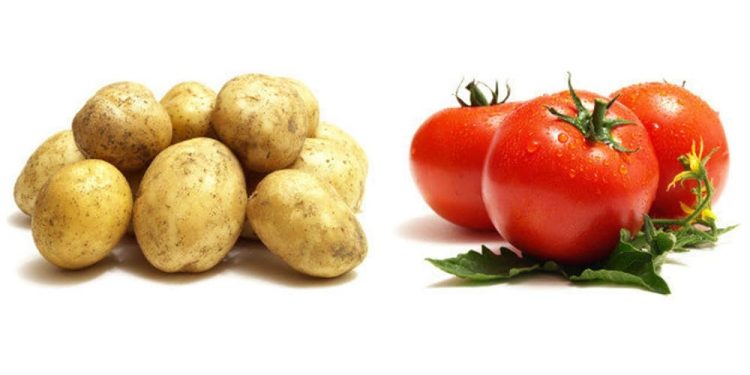#agriculture #farming #lateblight #potatocrops #tomatocrops #plantdefensemechanisms #beta-caryophyllene #cropprotection #naturalcompounds #pestcontrol
Late blight is caused by the fungus Phytophthora infestans, which can quickly spread and destroy entire crops. According to recent data, this disease costs farmers around the world billions of dollars in losses each year. But scientists have now discovered a surprising new way to combat late blight: by using a naturally occurring compound found in the leaves of some plants.
The compound, called compound beta-caryophyllene (BCP), has been found to activate a plant’s natural defense mechanisms against the disease. When exposed to BCP, the plant produces higher levels of defensive compounds that can help fight off the fungus. This discovery could have significant implications for farmers, as it offers a new way to protect their crops without relying on costly and potentially harmful chemical treatments.
While the research is still in its early stages, there is reason to be optimistic about the potential benefits of this discovery. In addition to its potential to protect potato and tomato crops against late blight, BCP may also have applications in other areas of agriculture, such as protecting other crops against pests and diseases.
The discovery of the potential benefits of BCP for protecting potato and tomato crops against late blight is an exciting development in agriculture. While further research is needed to fully understand its effectiveness and potential applications, this discovery offers a promising new tool for farmers to protect their crops and reduce their reliance on chemical treatments.







